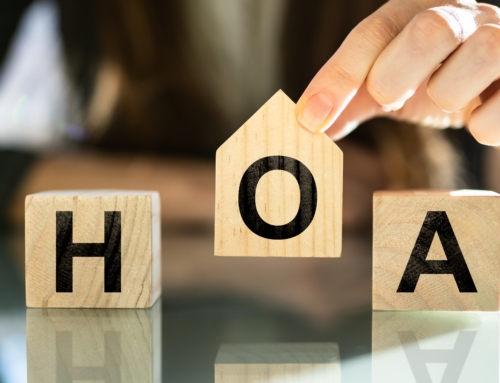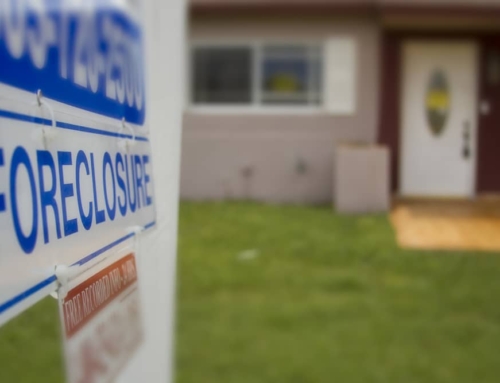Wouldn’t you like to have granite or limestone kitchen countertops? Why not? They’re durable, attractive, and every gourmet kitchen featured in Architectural Digest has them.
What about marble floors in your bathroom. And agents have been known to say buyers want hardwood floors in the living room and dining room. How about upgrading from carpet?
When you buy a new house today, you’ll have an endless array of decisions to make, starting with what color you want your walls painted to what color and design of cabinets you want installed in the kitchen.
Once you make all the standard decisions, you’ll have the opportunity to upgrade. More developers are offering option packages that tie several upgrades into a single price, such as a bathroom upgrade option that will give you a higher grade of tile (say, ceramic instead of vinyl), wallpaper instead of paint, and wood cabinets instead of laminate.
While each upgrade may cost just a few hundred dollars, developers say many home buyers go overboard, and add 10 to 30 percent to the purchase price of their home. If you’re purchasing a $300,000 home, you could quickly get the price to $400,000, simply through the options and upgrades you choose.
So what should you do?
Check out what kind of homes currently exist in your area, and try to find out what kinds of amenities these homes include. Ask your buyer’s agent if soaking or whirlpool tubs are standard. Do homes have master baths and walk-in closets? Do homes have eat-in kitchens and formal dining rooms? What about basements and fireplaces? If possible, knock on a few doors and ask residents about their homes.
Next, talk to your agent about the price point of homes in the area (not just in your development). You need to know what homes sell for in the area with the amenities they have. If you’re buying a $300,000 home, and then add in another $75,000 in options and upgrades, you should talk to your agent about whether you could sell your home for at least $400,000, which would allow you to about break even after paying the broker’s commission and other costs of sale.
If your agent’s market research tells you that no homes in the area have ever sold for more than $300,000, your options and upgrades could put you in a difficult position when it comes time to sell. Since buyers are cautioned not to buy the most expensive home in a neighborhood, you don’t want to be the one to build and own that home.
Once you’ve decided how much money you should spend on your home, it’s time to decide which are the smartest options and upgrades.
For example, you may have always wanted a fireplace in your bedroom. It sounds romantic. But the $700 you may spend on the bedroom fireplace might allow you to put upgraded tile or even marble in your master bath, which will probably increase the value of your home in the long run more than the fireplace.
The idea is to spend the dollars in the places that count. Because it’s expensive to add on to your home later, take the option for a fourth bedroom or a three-car garage. While you may only have two cars now (or forever), a third garage bay can be converted into living space relatively inexpensively.
Similarly, if you can upgrade your wiring so that you have television or speaker cable running to each room, that may save you from having to punch a lot of holes in your wall later if you decide to install a computer networking system or prefer to have cable television in every room.
If you have the option for a full basement, take it. Then, make sure the basement has at least an 8 or 9-foot ceiling. Even if you never build out your basement, the fact that you have one with such a high ceiling height will be a great asset when it comes time to sell your home.
When it comes to choosing your interior finishes, think about how long you plan to stay in the home. If you plan to stay seven years or less, choose neutral colors (like white or off-white) for your walls and beige or gray carpet for your floors. Choose white or beige tiles for bathrooms. These colors go with any sort of decor and will make your home more attractive to prospective home buyers.
What upgrades rarely pay off? Anything too personalized can ultimately detract from your home’s value, agents say. But the real danger is going overboard by choosing to upgrade every area of your house if you’re in a neighborhood where no one has upgraded anything.
That’s a recipe for losing money when it comes time to sell your home.
Published: Mar 12, 2001






Leave A Comment